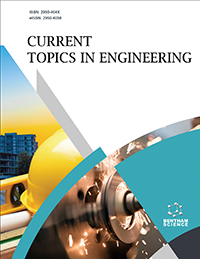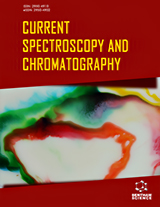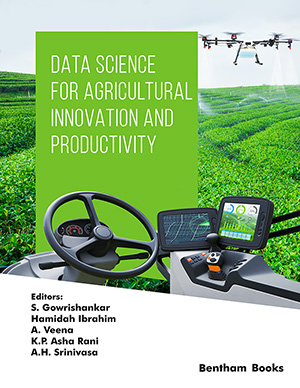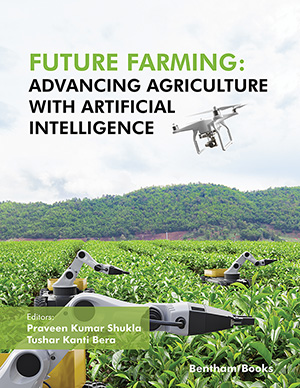
Abstract
One of the most popular sectors in the tech and healthcare industries right now is artificial intelligence. In the search and development of new drugs, artificial intelligence is essential. Drug design using computer-assisted design (CADD) has supplanted the traditional approach. Artificial intelligence is assisting businesses in the development of new drugs in a faster, more affordable, and more efficient manner, saving money and manpower in the process of creating new drug molecules to treat any disease. Quantitative structure-activity relationship (QSAR) analysis, activity scoring, in silico testing, biomarker development, and mode of action identification are all aided by artificial intelligence. It is revolutionizing these sectors by swiftly identifying potential drug candidates, efficiently conducting clinical trials, and customizing patient care. AI optimizes drug manufacturing processes, augments safety monitoring, and streamlines market analysis. In clinical trials, AI streamlines patient recruitment and ensures more precise trial designs, leading to faster and more efficient research. AI empowers personalized medicine by tailoring treatment plans and drug dosages to individual patient characteristics. AI also optimizes pharmaceutical manufacturing processes, amplifies safety monitoring by analyzing real-time data for adverse events, and supports market analysis and sales strategies. AI in the pharmaceutical industry is a multifaceted tool. Artificial Intelligence (AI) has the potential to streamline complex pharmaceutical regulatory matters. Regulatory processes like audits and dossier completion can be automated with AI tools.
Keywords: AI, Drug discovery, Computer-aided drug design, QSAR, Drug development, AI tools.
 1
1




























